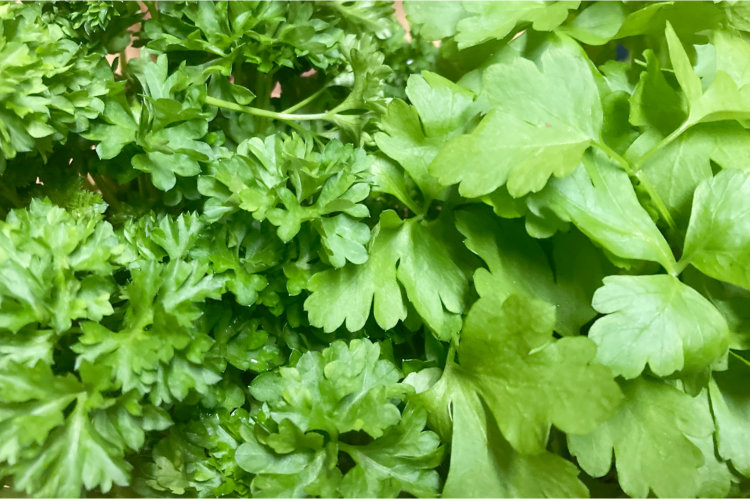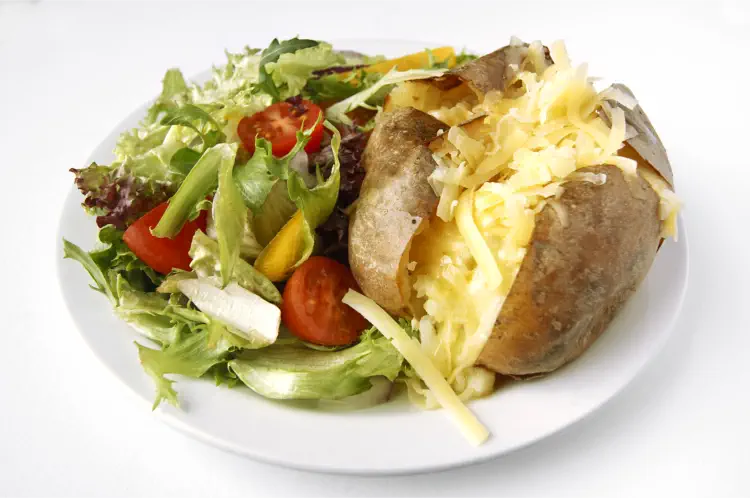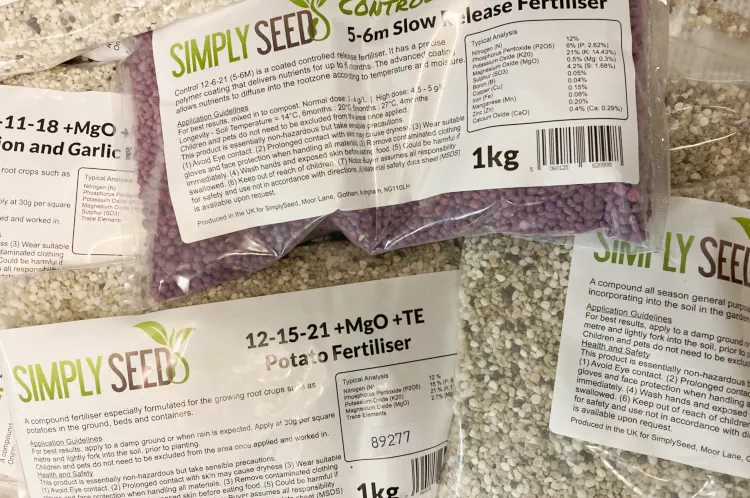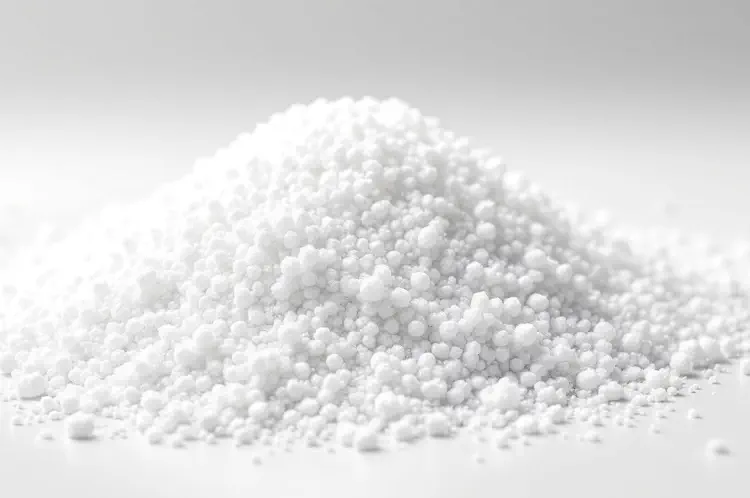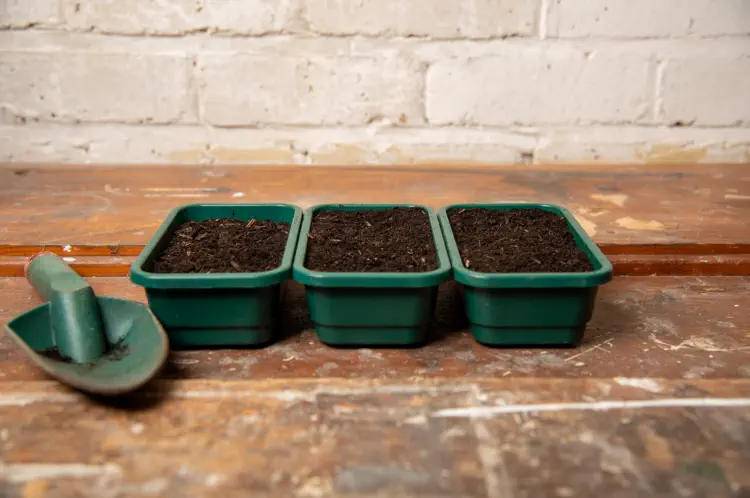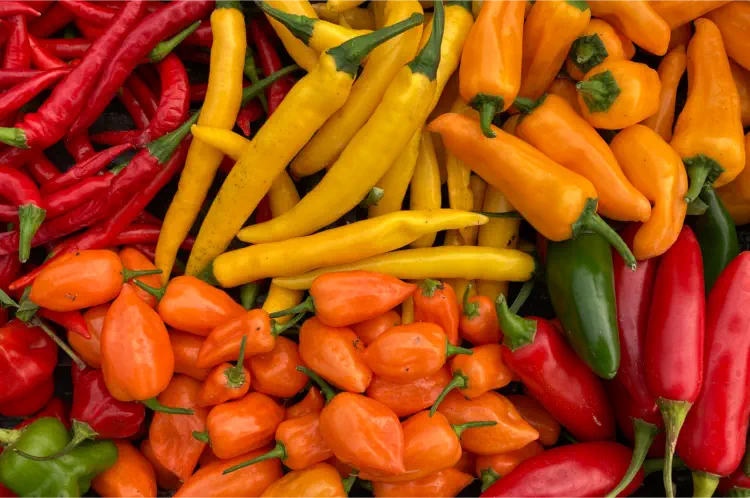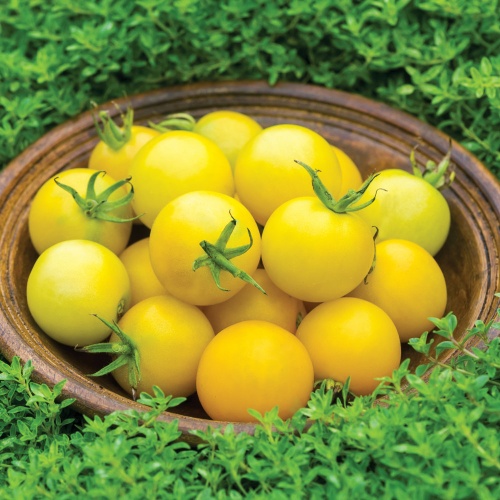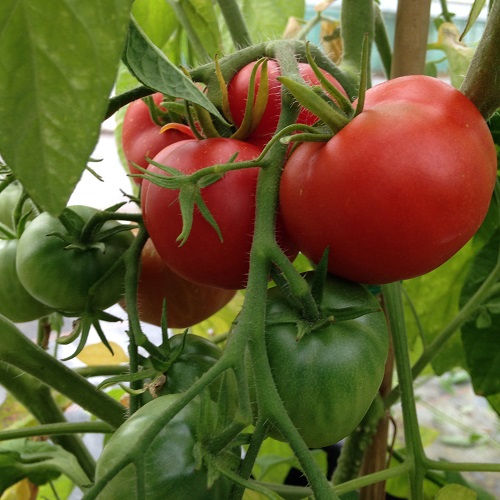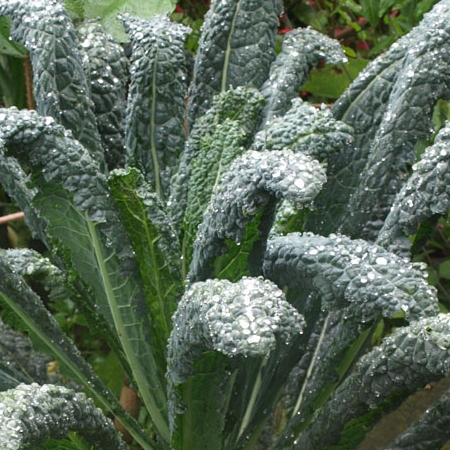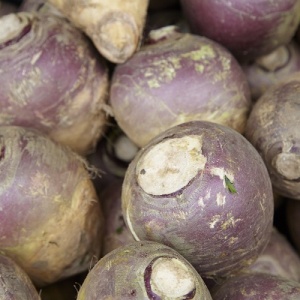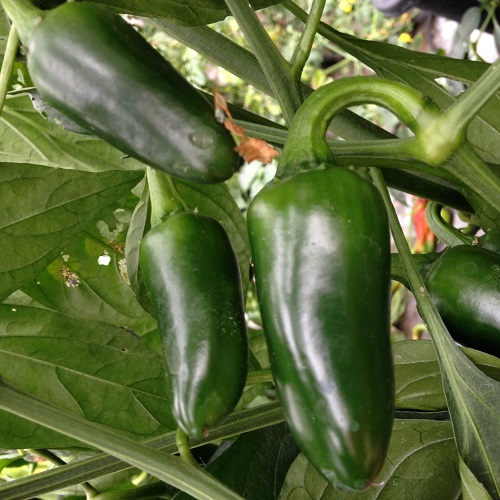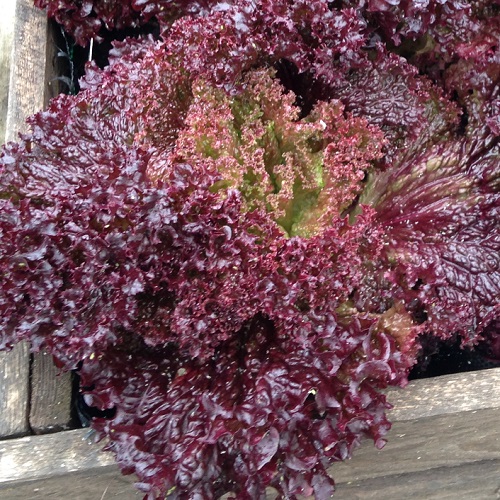The cost of chemical fertilisers continues to increase year on year so unless you have free access to well-rotted farm yard manure, horse manure or a good wholesome compost heap, feeding plants can become quite expensive. While every serious vegetable grower should at least have their own well-managed compost heap, for some, the lack of available space can be an issue. If you are unable to produce quality compost or buy it at a reasonable price then all is not lost. You can simply grow it.
Growing your own fertiliser
Gardeners, especially vegetable growing gardeners, who have large vegetable plots or allotments can simply grow areas of “green manure”. This is usually a mix of red clover, fenugreek, trefoil and vetches. There are also many more species. You simply sow the seeds onto open ground and then dig in all the resulting plants at the end of the season or in early winter ready for the next vegetable crop. However, this practice is not for everyone and again you need to have plenty of space to be able to benefit from this option.
Three vital nutrients in one
A great alternative to growing green manure is to just grow a specific type of plant and turn it into a liquid feed. The best plant for this purpose is Comfrey, which is the organic gardener’s most useful gift from nature. It’s also considered as a herbal supplement and is used in all manner of alternative medicinal remedies for a wide variety of ailments. It is however, quite toxic to humans if taken internally. Comfrey is ideal for making a powerful liquid feed as it contains the 3 vital elements, Nitrogen, Potassium and Phosphorous that are essential for healthy plant growth.
Making your own liquid feed
Comfrey is easy to grow and the liquid feed you can make from its leaves is often referred to as “Comfrey Tea”. Simply pick off the leaves of the plant and put them into an old nylon net onion bag. Then suspend the bag with a piece of string into a filled water butt or some other large water-tight container. You will need about a 1kg of leaves per 15 litres of water. After about 4-6 weeks the liquid will begin to give off a foul, pungent smell. This is an indication that it is ready for use. You could also make a concentrated liquid by reducing the water content to just 1 litre of water and then dilute the resulting brown liquid at a rate of one part feed to 10 parts water.
For best results test response
This is just a general guide to making your own liquid fertiliser from comfrey. Making your own comfrey tea or liquid feed is not an exact science so it might be wise to over dilute the mixture at first to ensure you are not over-feeding or causing any damage to roots. Once you have the dose right and you are happy with the results, you can repeat the process in the future and you will never have to buy liquid plant food ever again.
Have you got any Comfrey Tea Making Tips? Leave a comment below and let everyone know....
All blog content on this page is copyright of SimplySeed and is not to be reproduced without prior written permission. ©

